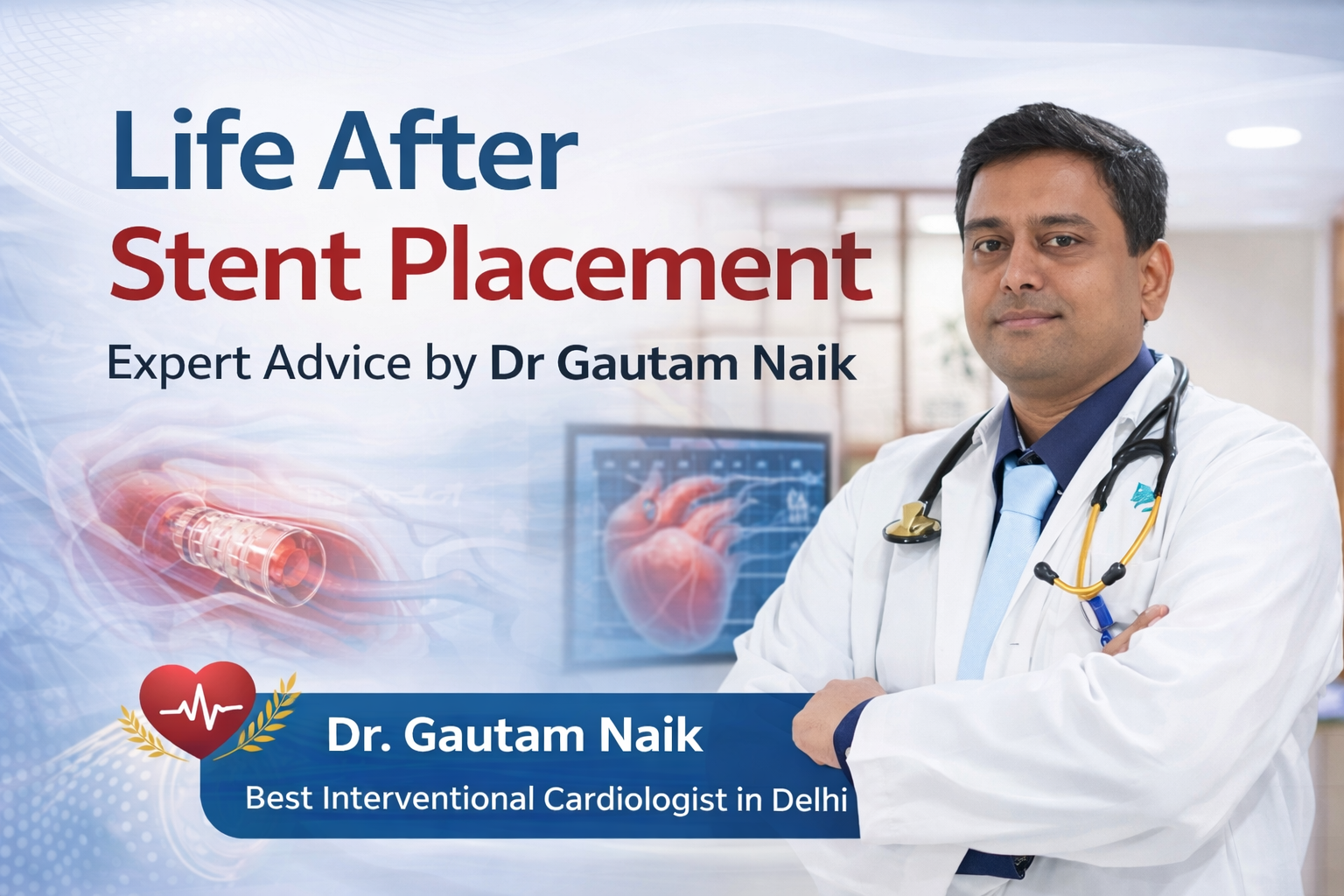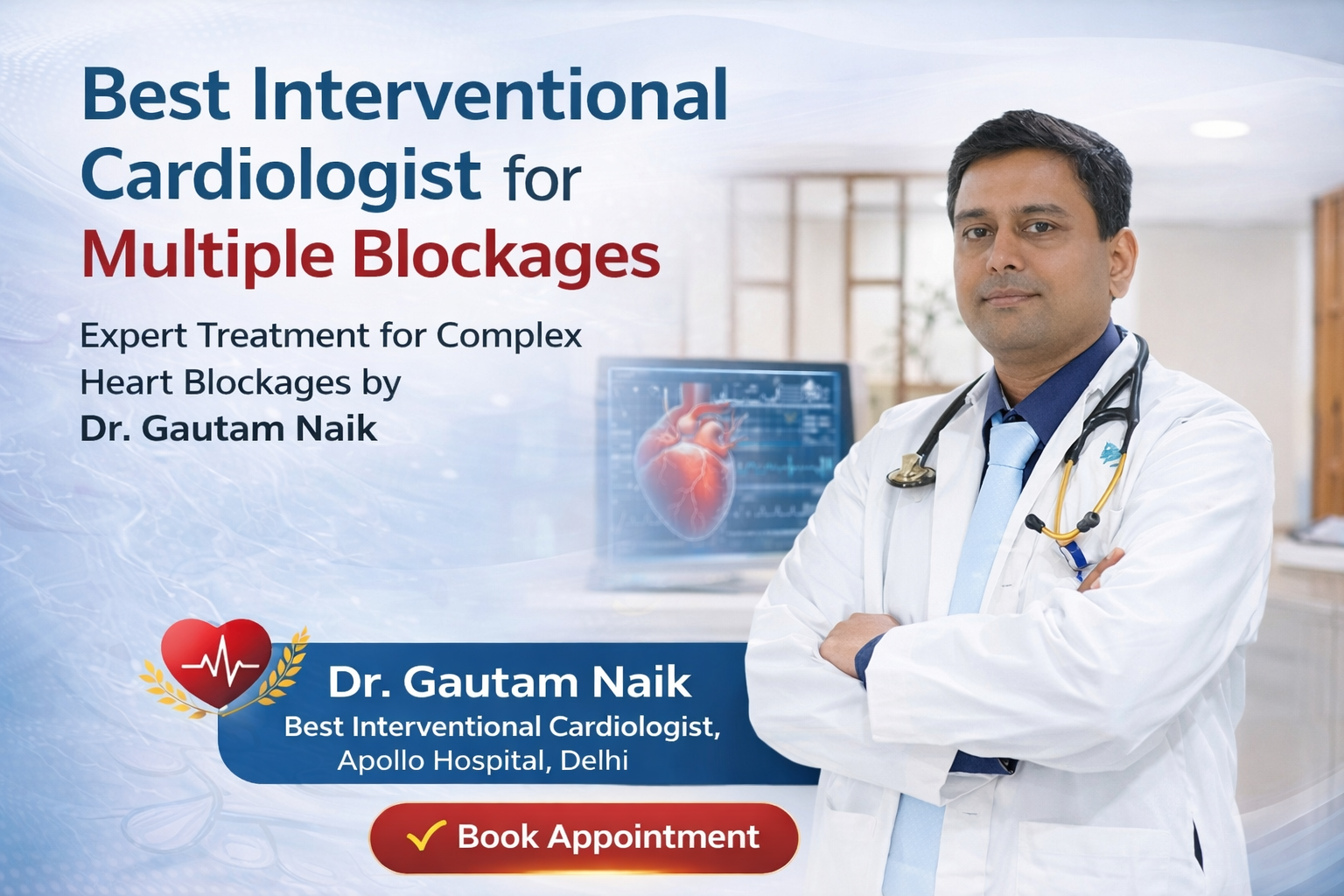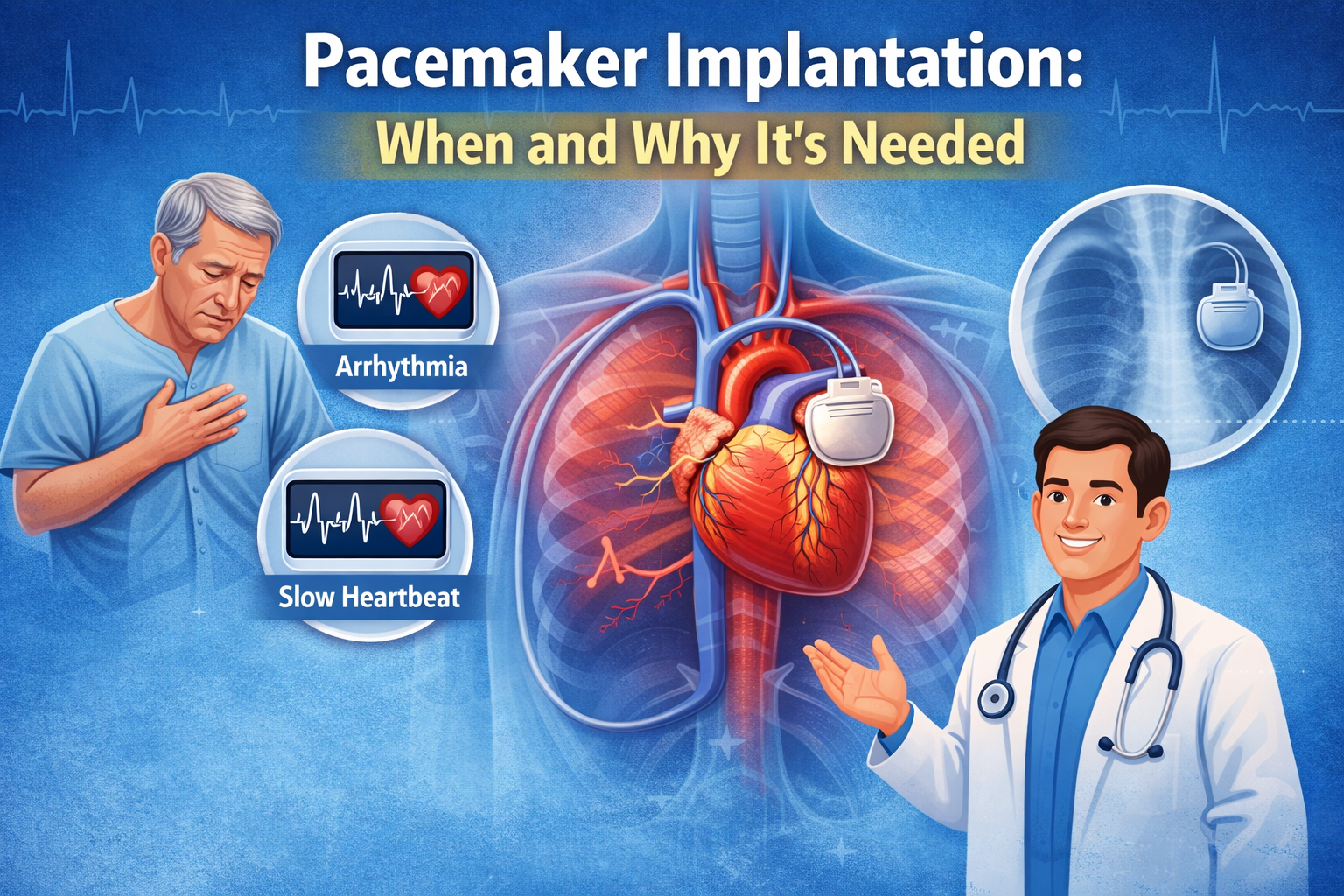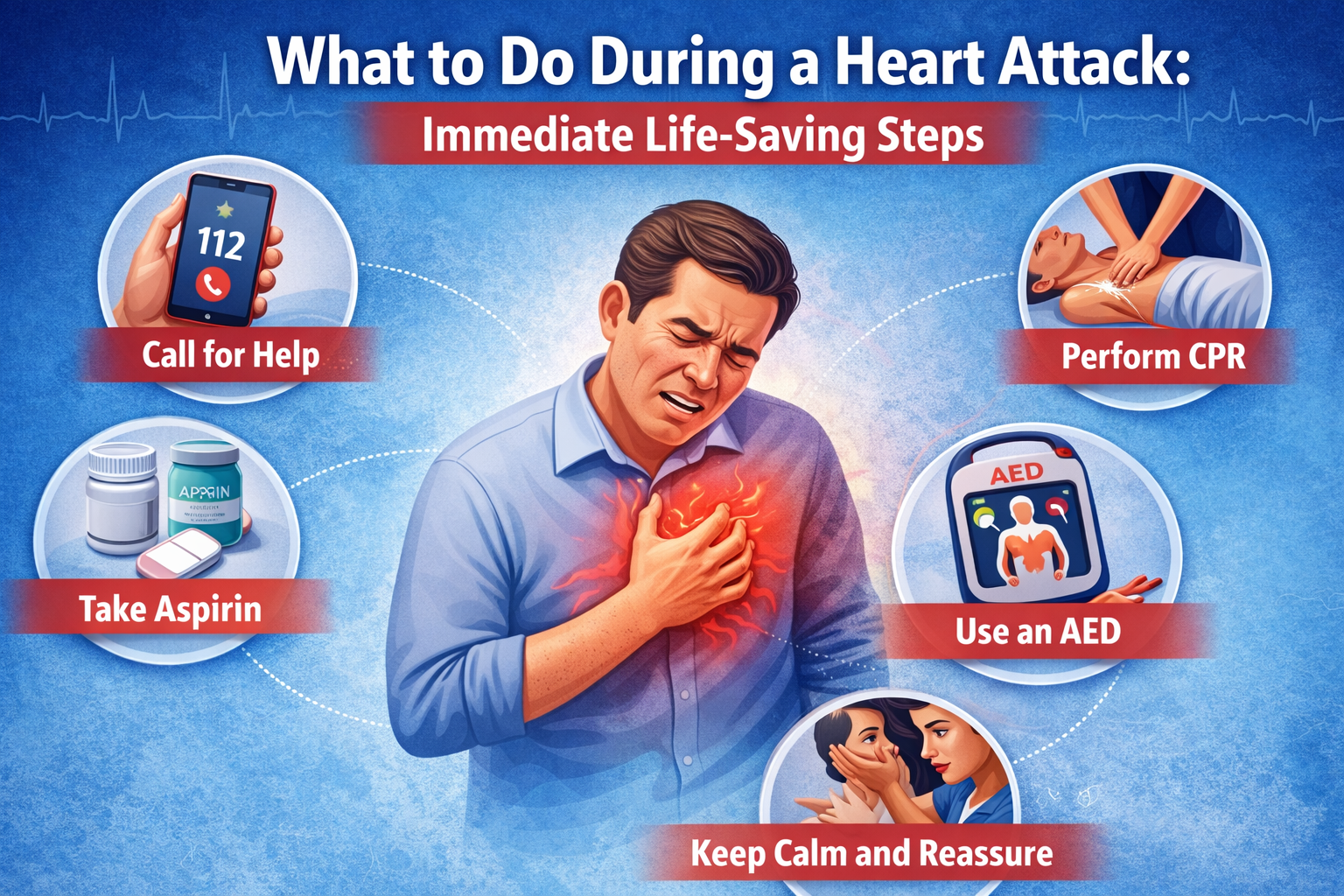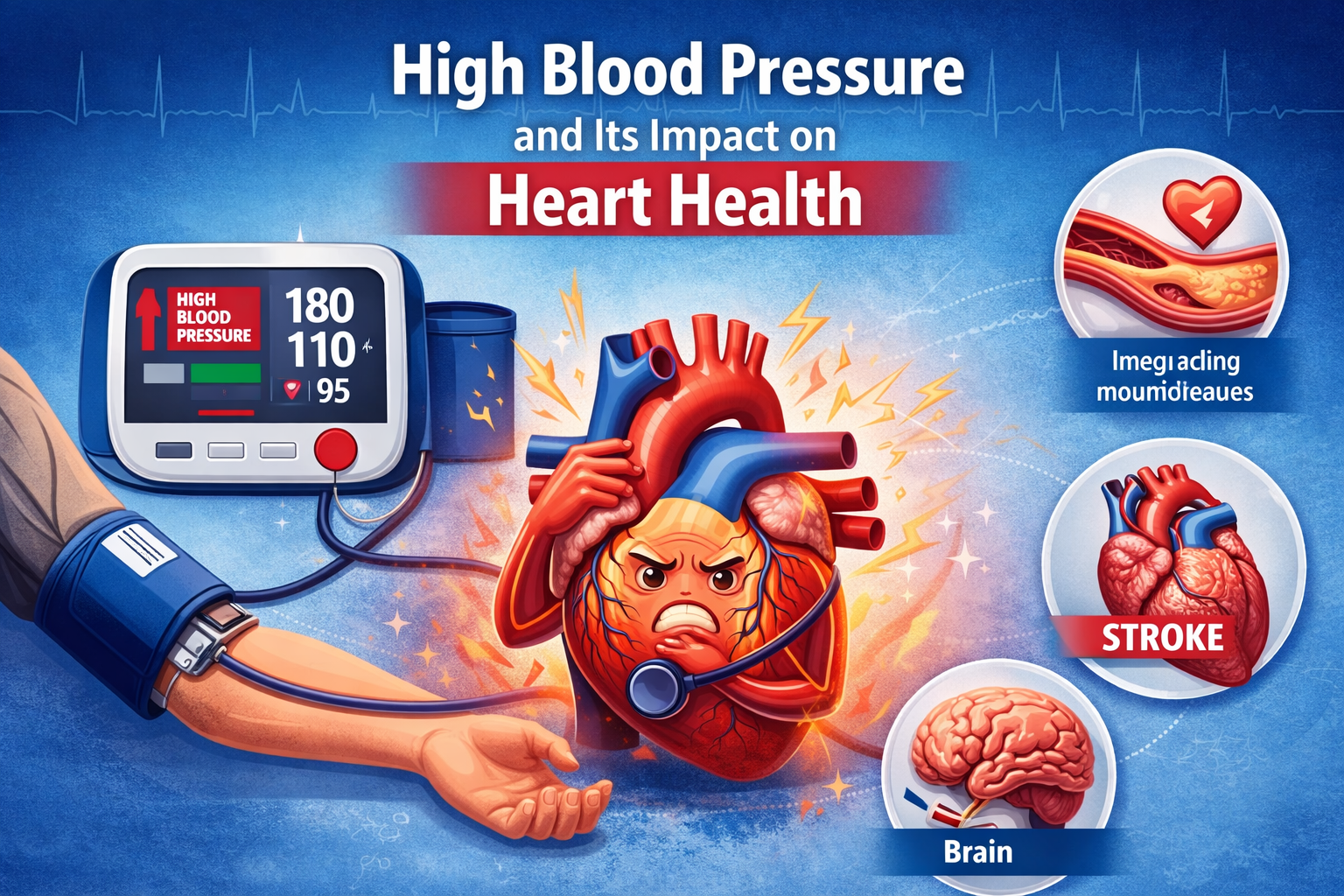Silent Heart Attacks: Symptoms and Risk Factors

A silent heart attack is a heart attack that occurs without the typical, dramatic symptoms we usually associate with heart problems. Many people don’t realize they’ve had one until weeks or even months later, often discovering it during routine medical tests. Despite the lack of noticeable symptoms, silent heart attacks can be just as dangerous as regular heart attacks, increasing the risk of future cardiovascular issues.
What is a Silent Heart Attack?
A silent heart attack, medically known as a silent myocardial infarction (SMI), occurs when blood flow to a part of the heart is blocked for a period, damaging the heart muscle. Unlike a typical heart attack, which causes chest pain, breathlessness, and sweating, silent heart attacks often go unnoticed due to mild or no symptoms.
Symptoms of a Silent Heart Attack
While a silent heart attack does not present with severe symptoms, some subtle signs may indicate its occurrence. These include:
- Mild Discomfort in the Chest – Rather than sharp pain, you might feel pressure, tightness, or discomfort in the chest that goes away quickly.
- Shortness of Breath – You may feel out of breath without exertion or notice difficulty breathing during normal activities.
- Unexplained Fatigue – A sudden drop in energy levels or extreme tiredness without an obvious reason can be a sign.
- Indigestion or Nausea – Some people mistake heart attack symptoms for indigestion or stomach issues.
- Pain in the Jaw, Neck, or Back – Unlike traditional heart attacks that often cause left-arm pain, silent heart attacks may manifest as discomfort in the jaw, neck, or upper back.
- Dizziness or Lightheadedness – Feeling faint or dizzy without a known cause can indicate a lack of oxygenated blood reaching the brain.
- Sweating or Clammy Skin – Unexplained sweating, even without physical exertion, can be a warning sign.
Who is at Risk for a Silent Heart Attack?
Certain individuals are more susceptible to experiencing a silent heart attack. Risk factors include:
- Diabetes – High blood sugar levels can damage nerves, reducing pain perception and masking heart attack symptoms.
- High Blood Pressure (Hypertension) – Increased pressure on the heart over time can lead to damage and silent heart attacks.
- High Cholesterol – Excess cholesterol can cause plaque buildup in arteries, restricting blood flow to the heart.
- Obesity – Being overweight increases the risk of high blood pressure, diabetes, and heart disease.
- Smoking – Tobacco use damages blood vessels and increases the risk of clot formation.
- Family History of Heart Disease – Genetic predisposition plays a significant role in heart attack risk.
- Sedentary Lifestyle – Lack of physical activity contributes to weight gain, poor circulation, and increased cardiac risk.
- Stress and Anxiety – Chronic stress can contribute to high blood pressure and heart disease.
How to Detect a Silent Heart Attack?
Because silent heart attacks don’t cause severe symptoms, they are often detected through:
- Electrocardiogram (ECG or EKG) – Measures electrical activity of the heart to detect past heart attacks.
- Echocardiogram – Uses ultrasound waves to check heart muscle damage.
- Blood Tests – Certain enzyme markers can indicate past heart attacks.
- Cardiac MRI or CT Scans – Provide detailed imaging of the heart’s structure and function.
Why is a Silent Heart Attack Dangerous?
Since silent heart attacks are often unnoticed, people may not seek treatment, leading to:
- Increased risk of a future, more severe heart attack
- Weakening of the heart muscle, leading to heart failure
- Higher chances of developing arrhythmias (irregular heartbeats)
Preventing a Silent Heart Attack
The best way to avoid a silent heart attack is by managing risk factors. Steps include:
- Maintaining a healthy diet (low in saturated fats and rich in fruits, vegetables, and whole grains)
- Regular exercise to improve heart function
- Managing stress through meditation, yoga, or relaxation techniques
- Quitting smoking and limiting alcohol intake
- Regular health checkups, especially for those with risk factors
Seeking Expert Cardiac Care in Delhi/NCR
If you suspect you’ve had a silent heart attack or want to assess your heart health, it is essential to consult a top cardiologist. Dr. Gautam Naik, the best cardiologist in Delhi/NCR, specializes in advanced heart disease diagnosis and treatment. With years of experience in interventional cardiology, preventive cardiology, and cardiac emergencies, Dr. Naik is highly regarded for his patient-focused approach and expert cardiac care.
Final Thoughts
A silent heart attack is a hidden danger that can have serious consequences if left undetected. Recognizing subtle symptoms and managing risk factors can help prevent severe cardiac complications. If you are at risk or have concerns about your heart health, don’t wait for noticeable symptoms. Schedule a consultation with Dr. Gautam Naik in Delhi/NCR today to ensure your heart stays healthy.
Your heart’s health is in your hands—stay informed, take action, and consult an expert!

